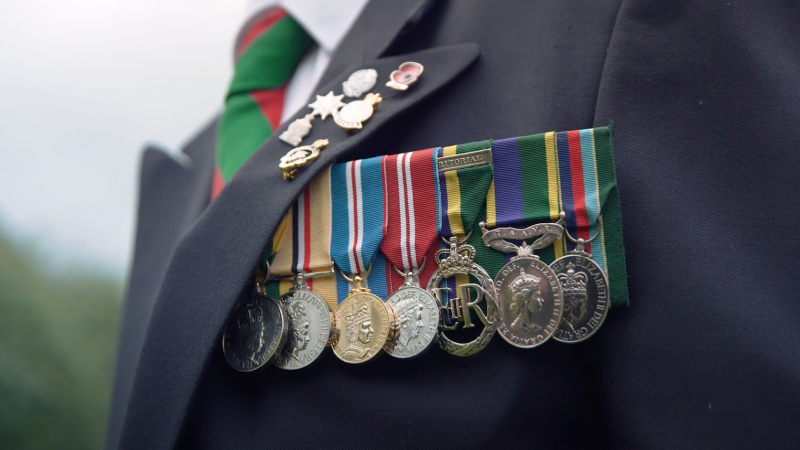
As we approach Armed Forces Day, I’m struck by a contrast. On the one hand, the complete failure of the government to live up to the promises they made to veterans in their 2019 manifesto, including the completely ineffective office for veterans affairs, set up under the Conservatives, which hit the headlines when minister Johnny Mercer resigned, accusing the government of a complete lack of action in supporting veterans. On the other, the prevailing view of many that – despite the fact that since 2010 the Tory government has inflicted huge cuts to the military, made thousands of redundancies, inflicted pay freezes and forced many on to lower pensions – somehow the Tories remain the party that supports the military.
The armed forces covenant is not currently enshrined in law, but even as moves are made to do so the wording of the armed forces covenant is such that it allows for wide variations in its interpretation. When this is combined with years of government austerity, seeing billions of pounds worth of cuts to local authority budgets since 2010, it results in many local authorities concentrating primarily on their statutory services. Yet while the government loudly shouts about its hollow support for our armed forces community, silently, in the background, at a local level and despite the ruthless austerity forced onto them, many Labour-controlled local authorities have been at the forefront of developing good-quality local armed forces community support packages.
My own local authority, North Tyneside, with no support from central government, took to creating an outstanding armed forces community support package. This was led by mayor Norma Redfern and the previous veterans champion councillor Gary Bell. North Tyneside’s armed forces community offer includes dedicated support workers, enhanced gym membership, enhanced housing offers, strong links to local charities and a guaranteed interview scheme for veterans. This ensures that at a local level, veterans in North Tyneside are giving the support they need whether they are in service, transitioning to civilian life or a veteran regardless of how long they have been discharged.
It’s not just North Tyneside Council. Some Labour-controlled authorities have adopted parts of our veterans policy, while others have provided their own unique dedicated armed forces community services. Liverpool Council’s incredible networking with third-party organisations has helped to create the UK’s first veterans hub (veterans HQ, a collaboration between the council and a number of charities). South Tyneside’s dedicated veterans move on accommodation consists of nine spacious one and two-bedroomed furnished flats, which are made affordable for rent to ex-servicemen and women as they leave the forces. There are just some of the schemes that have been developed by Labour councils, although there are many more.
It’s not just a case of supporting veterans at a local level either: local councils can also campaign for changes in policy at a national level. Former infantry soldier and trade unionist David McMullen has campaigned tirelessly in support of our Commonwealth veterans. Currently Commonwealth veterans must pay just under £2,500 to remain in the UK after their service is complete: this is per person, so a family of four would need to pay just under £10,000 to remain in the UK.
Labour Friends of the Forces decided to join David in his campaign and produced a motion that could be presented by local Labour groups to their respective councils. This called for Commonwealth veterans to receive free indefinite leave to remain in the UK after four years of service and full citizenship after 12 years of service. Over 30 local Labour groups presented and successfully passed this motion in their local authorities.
The government, bowing to pressure, has decided to introduce a phased discount starting at four years’ service and finishing with a 100% discount on fees after 12 years. Whilst this falls short of what we call for, it shows that not only can pressure from local authorities contribute to changing national policy regarding our armed forces community, but also that it is Labour groups at the forefront of that fight.
During the Covid pandemic, our armed forces have once again shown how vital they are to the nation. I hope that Labour Friends of the Forces can become a networking hub, sharing ideas and best practices for improved services throughout our movement, while also campaigning for improvements for our armed forces community at a national level. Most importantly as we approach Armed Forces Day, I hope that Labour Friends of the Forces can highlight the already excellent work that many Labour-controlled local authorities have done in supporting our armed forces community.




More from LabourList
Nudification apps facilitate digital sexual assault – and they should be banned
Diane Abbott suspended from Labour after defending racism comments
Labour campaign groups join forces to call for reinstatement of MPs